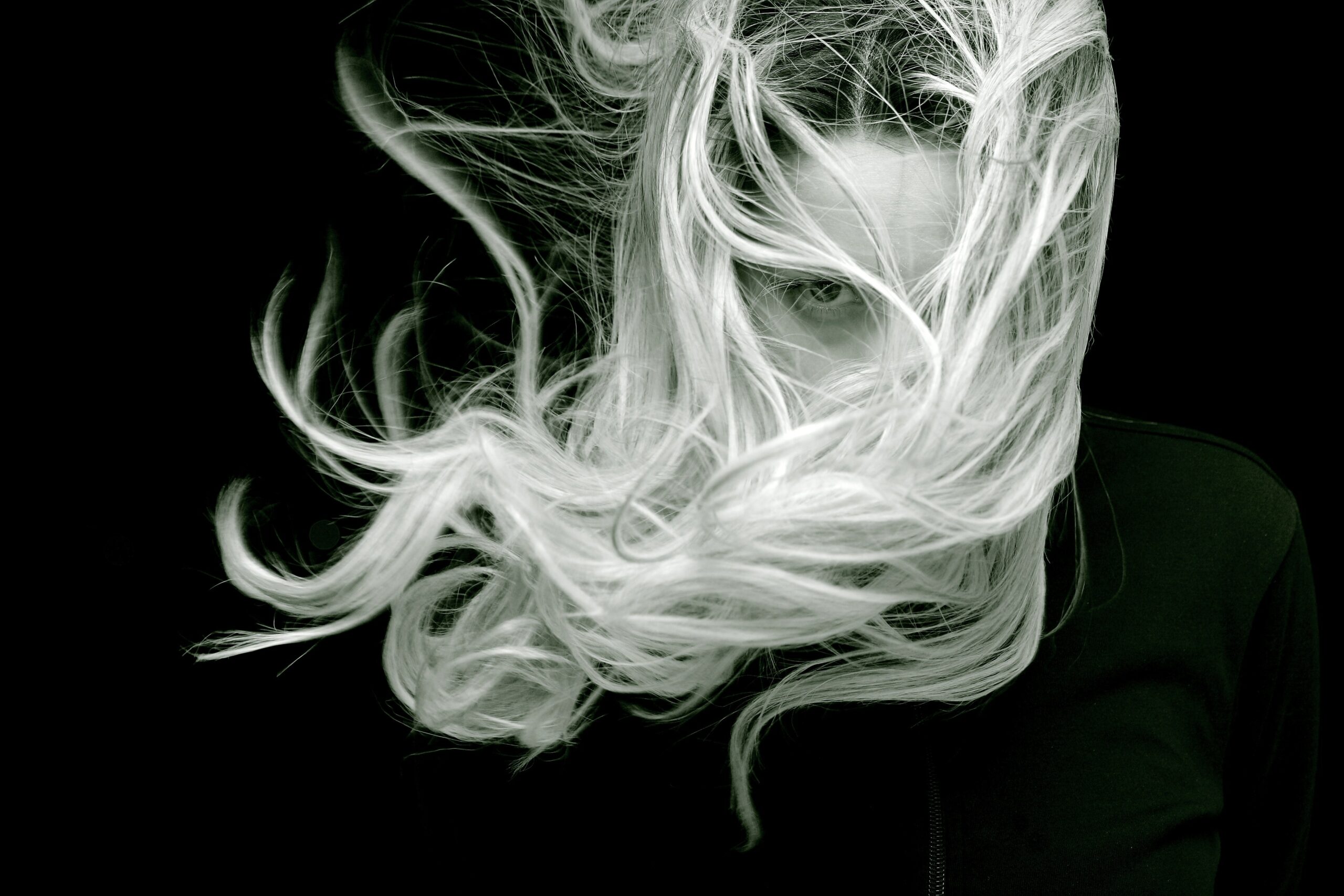We’ve all heard the saying, “You’re only as old as you feel.” But what about your hair? Does its color have anything to do with how young or old you feel? In this blog post, we will explore the science behind white hair and why it happens. We’ll also dispel some of the myths that are associated with it!
Why Is White Hair Called Gray?
White hair and gray hair are two different colors that can be found in human hair. White hair is the absence of pigment while gray hair is hair that has a reduced amount of pigment. Most people will start to see white hairs in their 30s, but it’s not uncommon for people to start seeing them in their 20s. Gray hair is more common in older people, but it can also be found in younger people.
The difference between white and gray hair comes down to the amount of pigment present in each strand of hair. White hair is completely devoid of pigment while gray hair has a reduced amount of pigment. This reduction in pigment can be caused by a number of factors, such as age, genetics, and sun exposure.
One thing to note is that not all strands of white or gray hair will be the same color. This is because the amount of pigment present in each strand can vary. Some strands may be completely white while others may only be slightly gray.
Why Does Pubic Hair Turn Black
There is no one answer to this question, as the cause of pubic hair turning black can be attributed to a variety of factors. However, the most common reason is simply aging. As we grow older, our melanin-producing cells are replaced at a different rate, which can cause our hair to change color. Other causes of black pubic hair can include:
- Changes in hormone levels can cause the melanin in our hair follicles to become overactive, leading to darker hair growth. This is often the case during pregnancy or menopause.
- Some medications, such as birth control pills or antidepressants, can cause darkening of the skin and hair.
- People with darker skin tones are more likely to experience pubic hair discoloration than those with lighter skin tones.
- Genetics – If your parents or grandparents started graying early, you may also start graying early – including in your pubic region.
If you’re concerned about why your pubic hair is turning black, it’s best to consult with your doctor. They may be able to determine the root cause and help you find a solution. In most cases, however, there is nothing you can do except wait for the process to run its natural course.
Why Do Indian People Have Thicker Hair?
Indian people have thicker hair because of the high density of their hair. The average head has about 100,000 strands of hair, but Indian hair can have up to double that amount. This is due to the fact that Indian hair has more cortex cells than other types of hair. Cortex cells are responsible for giving hair its strength and thickness.
Hair is made up of two main parts: the cortex and the cuticle. The cortex is the inner layer of hair and is responsible for its strength and thickness. The cuticle is the outer layer of hair and is responsible for its color and shine. Indian hair has a higher density than other types of hair, which means it has more cortex cells per strand. This gives Indian hair its characteristic thickness and strength.
Another reason is that Indian people tend to have a higher concentration of melanin in their hair. Melanin is the natural pigment that gives hair its color. The more melanin a person has, the darker their hair will be. Another reason is that Indian people have a higher concentration of sebum in their scalp. Sebum is a natural oil that helps to keep the scalp healthy and hydrated. Sebum also helps to protect the cortex cells from damage, which makes the hair stronger and less prone to breakage.
The combination of high melanin levels and high sebum levels makes Indian hair very strong and thick. Indian people also tend to have a rounder head shape, which contributes to the thickness of their hair. Overall, Indian hair is some of the thickest in the world, and this is due to the high density of cortex cells per strand.
Should You Pluck Gray Hair?
Plucking stray gray hairs is one way to battle their appearance as they start to pop up in your hairline, but it’s not necessarily the most effective. In fact, plucking can damage the follicle, which may cause permanent balding. If you’re concerned about gray hairs, your best bet is to cover them up with a dye or camouflage product.
Is White Hair Thicker Than Other Hair?
There is no one definitive answer to this question. The thickness of white hair compared to other types may vary depending on the individual’s hair type, age, and other factors. Generally speaking, however, white hair is often thicker than other colors of hair. This may be due to the fact that it is generally coarser than other colors of hair.
Conclusion
The bottom line is that there are many factors that contribute to the thickness of white hair. Indian hair is thicker due to its high density, while white hair may be thicker due to its higher percentage of hard keratin. Plucking grey hairs won’t make more grow in their place, and covering up grey hair won’t make it any thicker. Embrace your white hair and enjoy its unique thickness! Do you have any questions about white hair? Leave a comment below and let us know! We’d love to hear from you. Until next time, take care of your hair and be sure to shampoo regularly!
